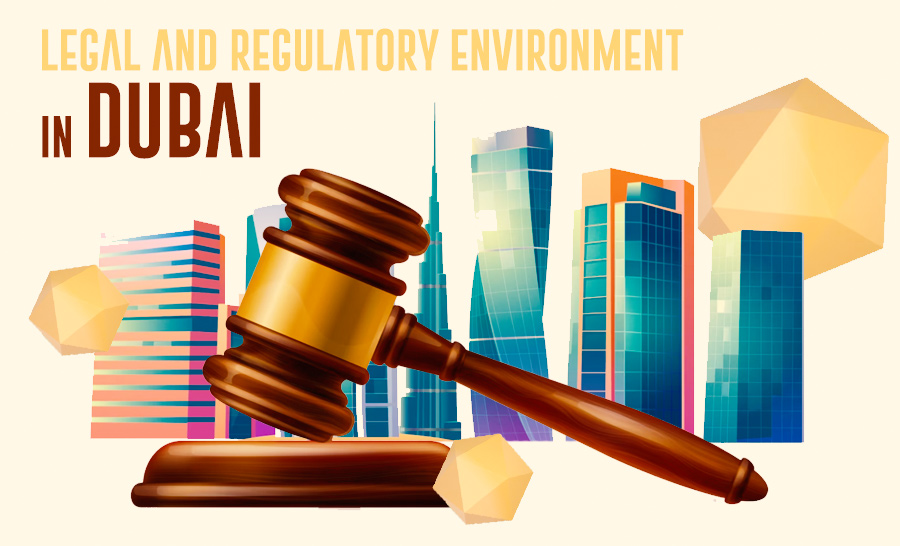
Each free zone in Dubai operates under its own legal and regulatory framework, which can create challenges for companies that are unfamiliar with the specific requirements of the free zone in which they are operating. In this section, we will discuss how free zone companies can effectively navigate the legal and regulatory environment, ensuring compliance and minimizing potential risks.
- 1. Understand the specific regulations of the free zone: Companies operating in a free zone should familiarize themselves with the specific rules and regulations governing their free zone. This includes understanding the permitted business activities, licensing requirements, and any additional compliance obligations. Companies can seek guidance from the free zone authority or engage the services of a corporate service provider to help them navigate the regulatory environment.
- 2. Establish strong internal governance structures: To ensure compliance with the legal and regulatory requirements of the free zone, companies should establish strong internal governance structures. This includes implementing effective risk management and compliance policies and procedures, as well as appointing a dedicated compliance officer to oversee the company's adherence to the relevant rules and regulations.
- 3. Obtain the necessary licenses and permits: Free zone companies must ensure that they have obtained the necessary licenses and permits for their specific business activities. This may include obtaining approval from the relevant authorities or meeting certain regulatory requirements, such as environmental or safety standards.
- 4. Stay up-to-date with legal and regulatory changes: Free zone companies should regularly monitor the legal and regulatory landscape to stay informed of any changes that may impact their operations. This can be achieved through regular communication with the free zone authority or by subscribing to industry newsletters and updates.
- 5. Engage professional legal and regulatory advisors: To ensure that the company remains compliant with the legal and regulatory requirements of the free zone, it is advisable to engage the services of professional legal and regulatory advisors. These advisors can provide guidance on the specific rules and regulations applicable to the company's operations and assist with any legal issues that may arise.
- 6. Ensure compliance with international standards: In addition to complying with the specific rules and regulations of the free zone, companies should also ensure that they adhere to international standards and best practices. This includes complying with international anti-money laundering (AML) and counter-terrorism financing (CTF) regulations, as well as adhering to global corporate governance and transparency standards.
By taking these steps, free zone companies can successfully navigate the legal and regulatory environment in Dubai's free zones and ensure that they remain compliant with the specific requirements of their respective free zone. By doing so, companies can minimize potential risks, safeguard their reputation, and ensure the long-term success and sustainability of their operations in the region.
Author: Pooyan Ghamari, Swiss Economist
LinkedIn
Instagram
Twitter
Posted by author
Wednesday, March 22, 2023 12:17:00 PM